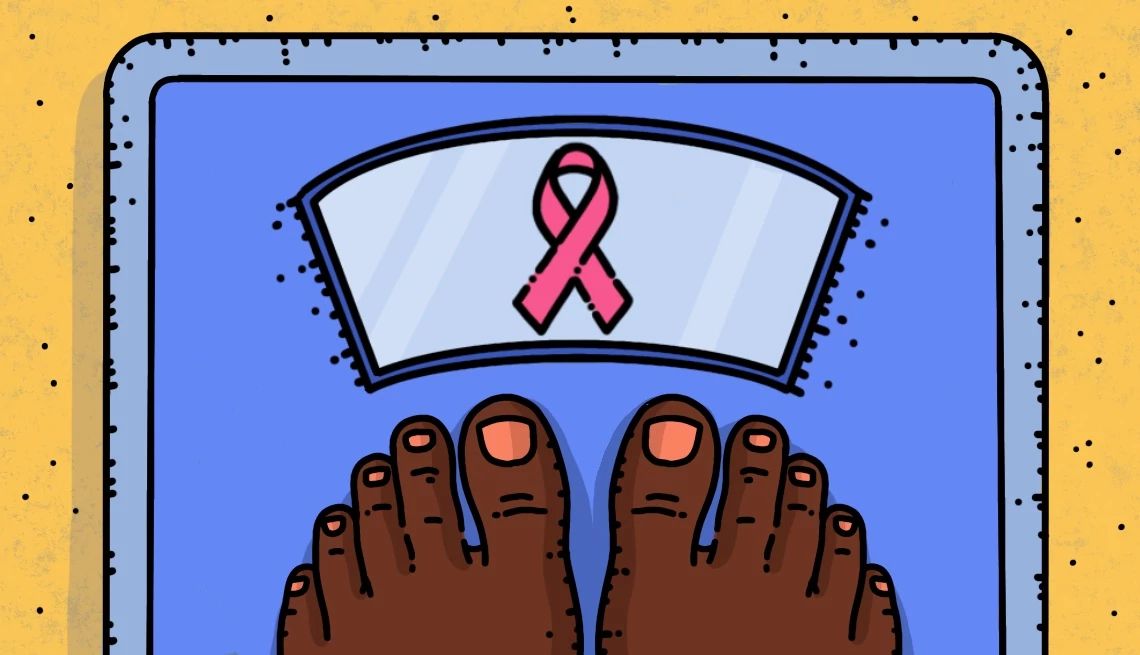AARP Hearing Center


Women who experience hot flashes and night sweats — two of the most common symptoms of menopause — will soon have a new, nonhormonal option for relief.
The U.S. Food and Drug Administration (FDA) has approved the medication elinzanetant (Lynkuet) for the treatment of hot flashes due to menopause, after a study published Sept. 8 in the journal JAMA Internal Medicine found that women who took the drug saw a 74 percent reduction in daily moderate-to-severe hot flashes over a 12-week span, compared to a 47 percent reduction in those who took a placebo.
“If approved, elinzanetant could offer relief to women who cannot take estrogen-based treatments due to medical contraindications, prefer a nonhormonal option and who struggle with disruptive hot flashes that interfere with their sleep, work or daily life,” Dr. JoAnn V. Pinkerton, a researcher on the study and the Mamie A. Jessup professor of obstetrics and gynecology at UVA Health in Charlottesville, Virginia, told AARP before the medication’s approval.
Hot flashes and night sweats are vasomotor symptoms, which are caused by diminishing estrogen levels that affect body temperature during menopause. As estrogen levels decline with menopause (or endocrine therapy for breast cancer), neurons involved in temperature regulation become hyperactive, Pinkerton explains. Elinzanetant targets those neurons.
Menopause usually occurs between the ages of 45 and 55. It can cause sudden hot flashes, accompanied by sweating, flushing and chills. Hot flashes can impact sleep and daily routines.
Evaluating the drug
For this latest study, researchers tested elinzanetant in 313 postmenopausal women ages 40 to 65 who wanted to treat their moderate-to-severe vasomotor symptoms. Additionally, 315 women received a placebo. All study participants took the pills for 52 weeks.
Women on the medication had fewer and less severe hot flashes compared with those on the placebo. Those taking elinzanetant also had fewer sleep disturbances and reported better mood.
Unlike hormone therapy, elinzanetant does not improve the progressive vaginal changes seen following menopause. It also doesn’t improve bone density, but the medication didn’t negatively affect it, either. The researchers noted only age-expected declines in bone density.



































































)


















More From AARP
Is Acetaminophen Safe for Older Adults?
Understand the benefits and risks of taking acetaminophen, also known as Tylenol.
Common Heart Med May Be Ineffective
New research calls into question the benefit of beta-blockers
AI Unlocks New Uses for Old Medications
The technology is repurposing existing medications to create new treatments for a variety of diseases